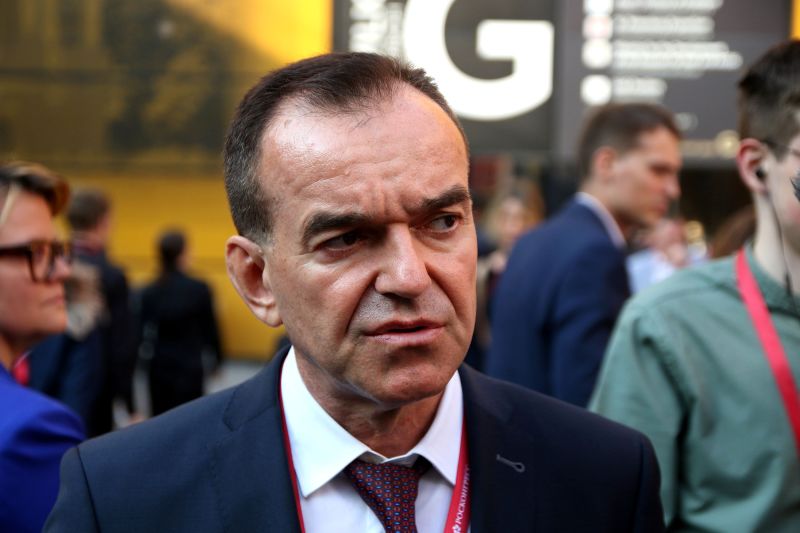Residents in the southern Russian city of Krasnodar staged a rare protest on Saturday over electricity cuts and water supply interruptions due to a power grid failure amid record-high temperatures.
Angry residents gathered on the streets near residential buildings shouting “Give me light,” after experiencing power cuts for several days, videos posted on social media show.
Work to repair the accident is underway and residents are being supplied with drinking water, the city’s mayor Evgeny Naumov said Saturday. “We all need to remain calm and understand what is happening, although this is not easy,” he said in a Telegram post.
The power cuts came as the city is experiencing unusually high temperatures and on Friday a daily record was set for the fourth day in a row, according to Russian state news agency TASS. The maximum temperature was 39 degrees Celsius on Friday, according to TASS.
Krasnodar Governor Veniamin Kondratyev said Saturday that the “abnormal heat,” the lack of proper capacities during peak load periods and the operation of the Rostov Nuclear Power Plant were some of the factors that contributed to the outages. One of the units of the Rostov plant, the largest in the region, was temporarily shut down earlier this week due to a technical malfunction.
“There has been abnormal heat in the Krasnodar region for a week now. The load on the energy system is colossal,” Governor Kondratyev said. “I know and understand all the indignation of residents due to the power outages.”
He said he is “in constant contact” with energy workers and that “Where possible, emergency crews repair breakdowns as quickly as possible.” Kondratyev said the city’s mayor is currently in the area that has been affected the most and “constantly reports on the situation.”
Public protests in Russia are very rare, especially after Russia launched its full-scale invasion of Ukraine in February 2022. The government has introduced war censorship laws that can result in severe punishment, including imprisonment, for discrediting the military.

